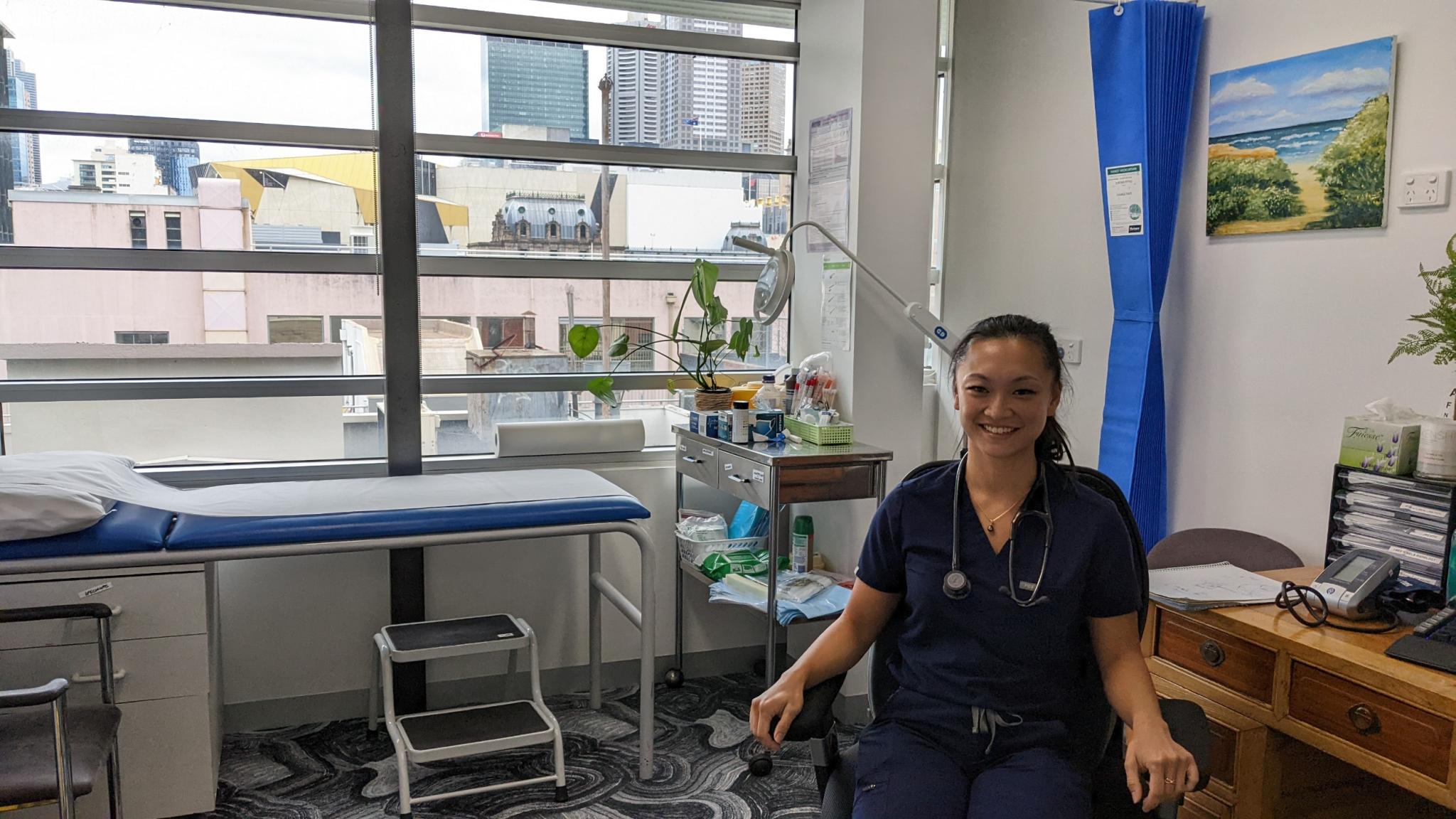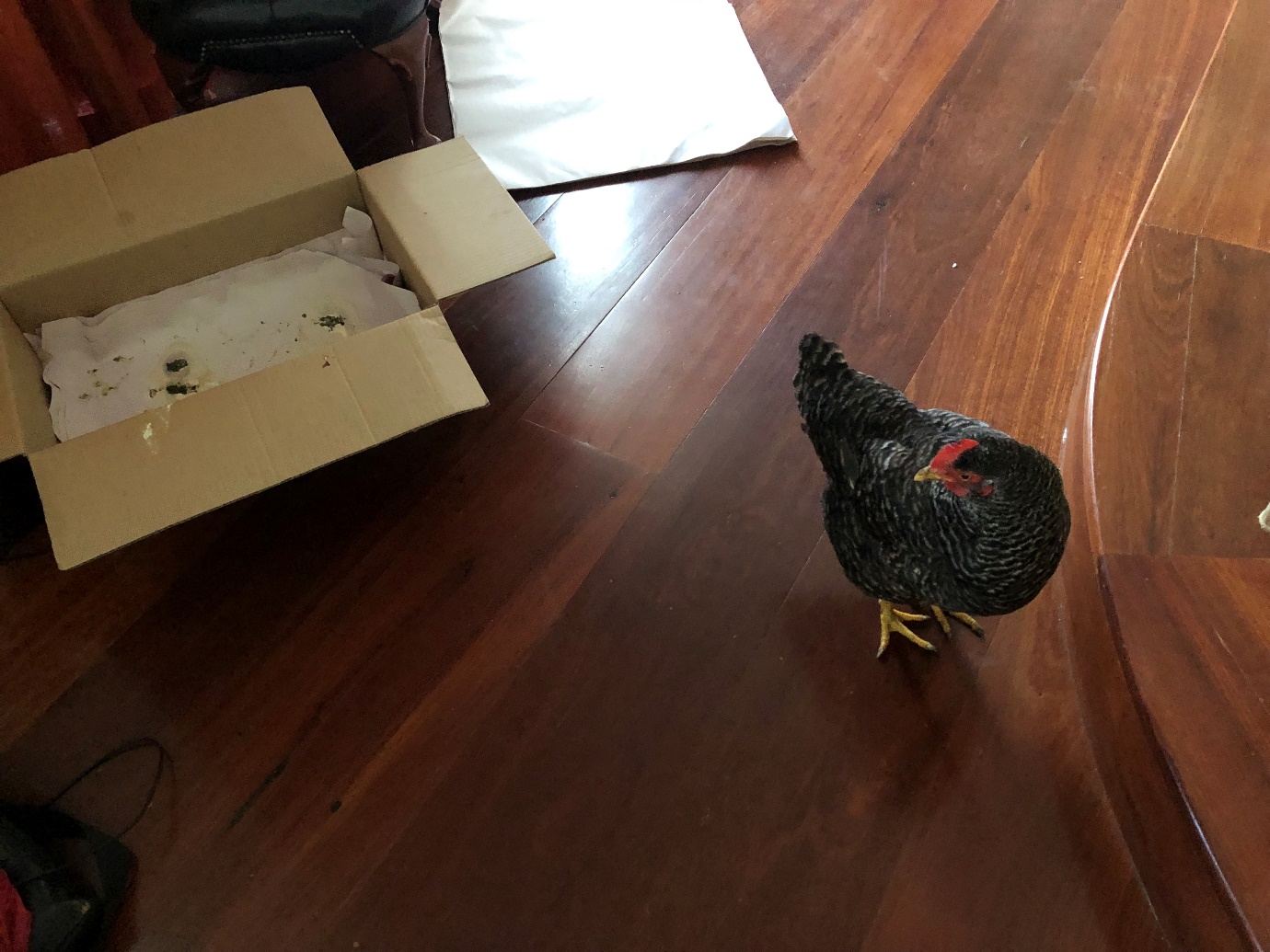If you are a highly ambitious person, working in Melbourne CBD, then it’s likely that you’re working pretty hard. After all, there are few, if any, shortcuts to success.
Working all those frenetic hours and focusing on your career can take its toll, but there are ways to avoid the downsides, and at the same time progress even faster. In that sense, finding a really good GP in the city, makes sense.
GPs see so many different people every day, likely including people like you. Building a relationship with a good one who you can easily connect with face to face if you need to, could be a master stroke in building your career.
Here’s how:
1. FOCUS. A clear head doesn’t need to practise being in the moment, it always is.
Anyone serious about becoming remarkable in their career knows the importance of focus. With so many things vying for your attention, the city can be a distracting place. As a budding professional, your life is bound to be filled with many things rapidly changing or about to. All of this can hamper your focus. Yet exceptional focus is what achieves exceptional work. When there’s a lot going on, seeing a GP, to debrief and get objective advice, to defuse and problem solve, reaching sound decisions, rather than procrastinating and carrying mental baggage, will increase your focus.
2. HABITS. Operate on cruise control, with the right map.
Habits are what you automatically do for much of the day. Sometimes we don’t even know they exist. Yet these ‘scripts’ control most of our lives. Everyday, up to 90% of our decision making is driven by habits, making it a fundamental part of our unconscious psychic functioning. The sequence of a habit is there – CUE, FEELING, BEHAVIOUR, REWARD. If you’re an ambitious person, and serious about your career, chances are you have some really positive habits. However, we may still have persistent negative ones. Maybe it’s a rising alcohol consumption, perhaps it’s a particular negative thought pattern or perhaps it’s not enough exercise. Whatever it is, a skilled GP can be on your side, to help you challenge bad habits and develop the right ones, so that 90% of your day, is automatically driven by actions that lead to sustainably high performance.
3. FREEDOM FROM DR GOOGLE. Information without context, can be confusing.
Googling symptoms – everyone does it. But what do you do next after you find out your symptom could be that extremely rare but life-threatening disease? A blood test? A scan? Nothing? If your issue continues, you need a doctor you know and trust after you’ve Googled. And you don’t want to start over and over again meeting new GPs. You need one. One good one. One you have built a relationship with that you can go and see or call, when you need to, to move on. Worthwhile noting also, that the availability of medical information on the internet, though positively liberating and educational, can increase health anxiety. Having a GP will help you minimise or avoid health anxiety. They will also help you know what things you should do in a proactive way, to keep you well, based on your individual situation, so you can concentrate on your career, knowing someone’s got your back, when it comes to your physical health. And, maintaining a physically well body, will prove a massive asset to success along the way.
So, there you have it. If you want to set yourself up for success, get a solid GP on your side. Make them a part of your winning team. Your mastermind. It does make sense also, that if the type of career you seek, means that you’ll be spending a lot of your working life in the city, then having a GP in the city itself, makes sense. This way, you’ll be able to conveniently duck in when you need to, and get back to work. Remember, building a long-term relationship is key.
The road to true success is long. Enjoy the journey. Stay the path.
Good luck.
Dr Floyd Gomes
Founder and Managing Director, Atticus Health






